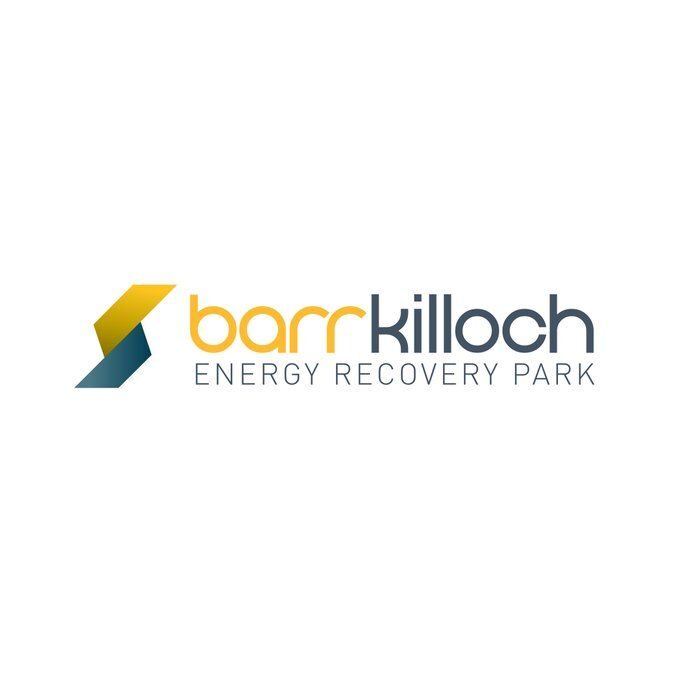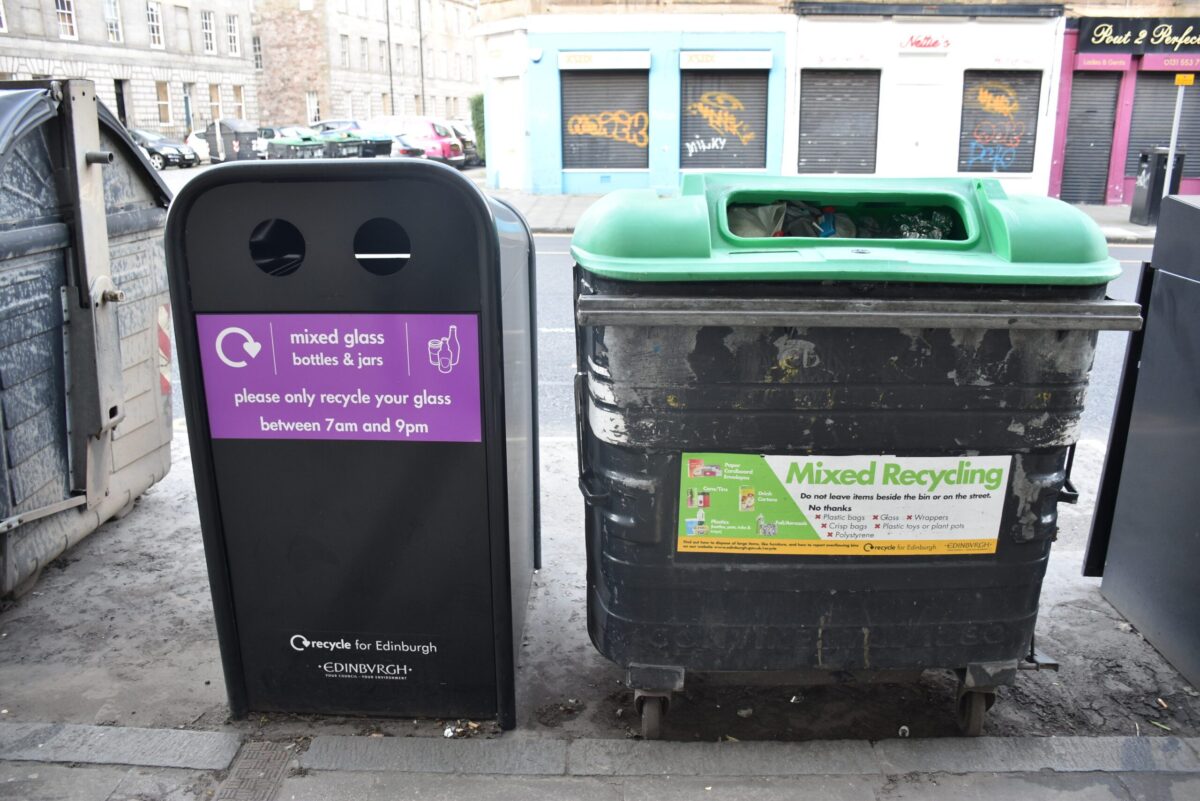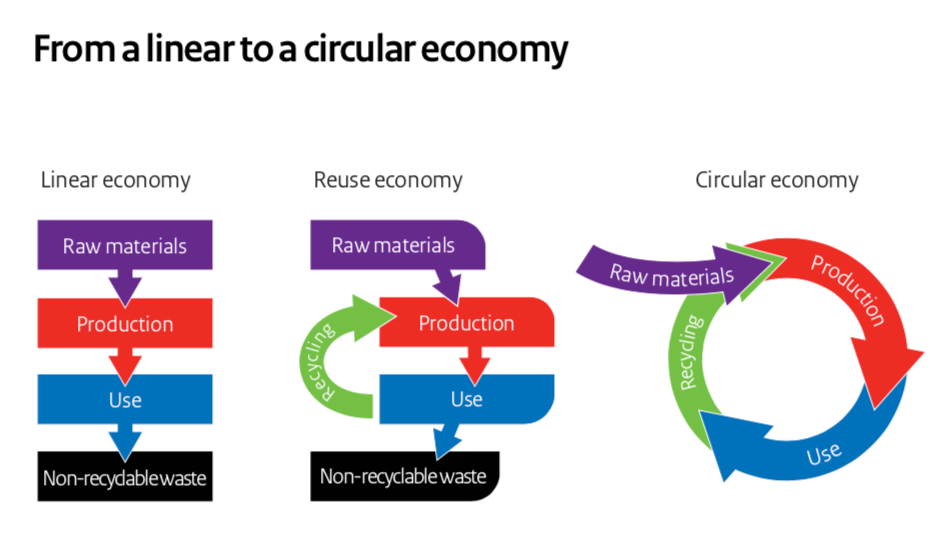
Have your say on Killoch Incineration plans
East Ayrshire Council has granted planning permission for a new “energy-from-waste” incinerator at Killoch, near Ochiltree.
Barr Environmental, who will manage the plant, is currently asking local people to submit their views on their proposals by Friday 5th February before they submit an updated planning application to the Council.
What are the Killoch incinerator plans?
Under the plans local household waste along with waste from South Ayrshire Council and three other councils areas will be trucked into the Killoch plant and burned, for around twenty years. There are serious environmental concerns with the continued burning of waste. By burning it we’re diverting focus away from actually reducing our waste, and increasing reuse and repair schemes across East Ayrshire.
By 2025, councils across Scotland will be banned from sending biodegradable waste (organic waste which comes from plants and animals) and no more than 5% of overall waste to landfill. The biodegradable waste ban should have been introduced in January 2021, but was delayed four years to give local authorities extra time to plan what they will do with their waste.
Why incineration is a problem
Research by Friends of the Earth Scotland in 2020 discovered there are plans to increase incineration capacity in Scotland to burn a extra 1 million tonnes of waste each year. This is because of six new incinerators due to start operating in the next few years. On top of that, a further four incinerators are still awaiting further approval including the proposed plant in East Ayrshire.
As Scotland moves towards a circular economy, our main focus needs to be on reducing our overall consumption of materials rather than just burning what we are using. There are also serious environmental concerns around the continued burning of waste in incinerators which emit carbon into the atmosphere and create toxic ash.
Why we should oppose incineration
Friends of the Earth Scotland believes there is no place for incinerators, like this proposed plant at Killoch, in the conversation about how we tackle the climate crisis. Incineration wastes valuable resources, causes environmental harm and creates a barrier to a circular economy.
Below are a couple of issues you may wish to consider in giving your feedback on the incinerator plans.
Incineration wastes valuable resources
Any new incinerator which is built in Scotland now will lock us into decades of wasting resources by burning them. Most new incinerators market themselves as “energy-from-waste” plants, like the proposed plant at Killoch, meaning they can make electricity or produce heat.
However this is not a form of renewable energy as it is claimed, as municipal waste is non-renewable, and focusing on these types of incinerators diverts opportunities away from the real renewable energy solutions we need.

These types of incinerators essentially still burn waste, and the problem with using waste as a fuel means it creates a never-ending demand for waste as a feedstock.
If we continue to build incinerators in Scotland then we are continuing to support the extraction of materials from the earth’s decreasing resources, which are turned into new products before we send them up in smoke.
Environmental Concerns
There are serious environmental concerns around using incineration as the solution to our waste problem. Incineration simply transforms our waste into other types of waste – bottom ash (IBA) and air pollution residues (APC).
Barr Environmental has not confirmed what it will do with the IBA produced, but has confirmed that the APC, also known as fly ash, cannot be recycled in Scotland and will need to be taken off site and disposed of in suitable landfill facilities. Therefore, the plant is not going to completely divert all waste from ending up in the landfill.
When waste is burned in an incinerator, the carbon is converted into CO2 and released into the atmosphere. While EfW facilities are regulated by the Scottish Environmental Protection Agency (SEPA), figures from 2018 show that nearly a million tonnes of climate-changing CO2 was released by all types of incinerators in Scotland.
This new plant at Killoch will lead to an increase of traffic in the area. During the three-year construction period, it’s estimated that 130 to 135 passenger vehicles will visit the site each day and up to 14 vehicles transporting equipment and supplies.
Once the site is operational, approximately 54 HGV’s will visit the site each day. This equates to around 5 or 6 an hour, which is an increase of 2 to 3 vehicles an hour from the original plans submitted to East Ayrshire Council.
An independent Environmental Impact Assessment (EIA) is being prepared as part of the updated submission to East Ayrshire Council and there will be an opportunity to comment on that further as part of a further consultation in spring.
Incineration creates a barrier to a circular economy
To reduce our overconsumption of natural resources we must move to a circular economy. This is when products are designed to last as long as possible, are easy to repair and made out of materials that can be recycled repeatedly. Essentially, we need to keep materials circulating around the economy for as long as possible before they become waste.

Incinerators create a barrier to moving to a circular economy as it puts the incentive on local authorities, like East Ayrshire Council, to make sure enough waste is produced and not ensure waste is reduced, recycled, reused or remanufactured.
Scotland’s overall household recycling rate in 2019 was 44.9% with East Ayrshire slightly higher at 53%. Friends of the Earth Scotland does not believe that any incinerators, including energy-from-waste plants, should be used as an alternative to recycling and reducing waste, especially when a lot more work needs to be done to increase those rates.
Have your say now and oppose the plans for a new incinerator in Killoch. It will waste valuable resources, cause environmental damage, and create a barrier to a circular economy when the focus needs to be on reducing waste and increasing reuse, repair and recycling across East Ayrshire instead.
Barr Environmental’s consultation is open until 5pm on Friday 5th February.
